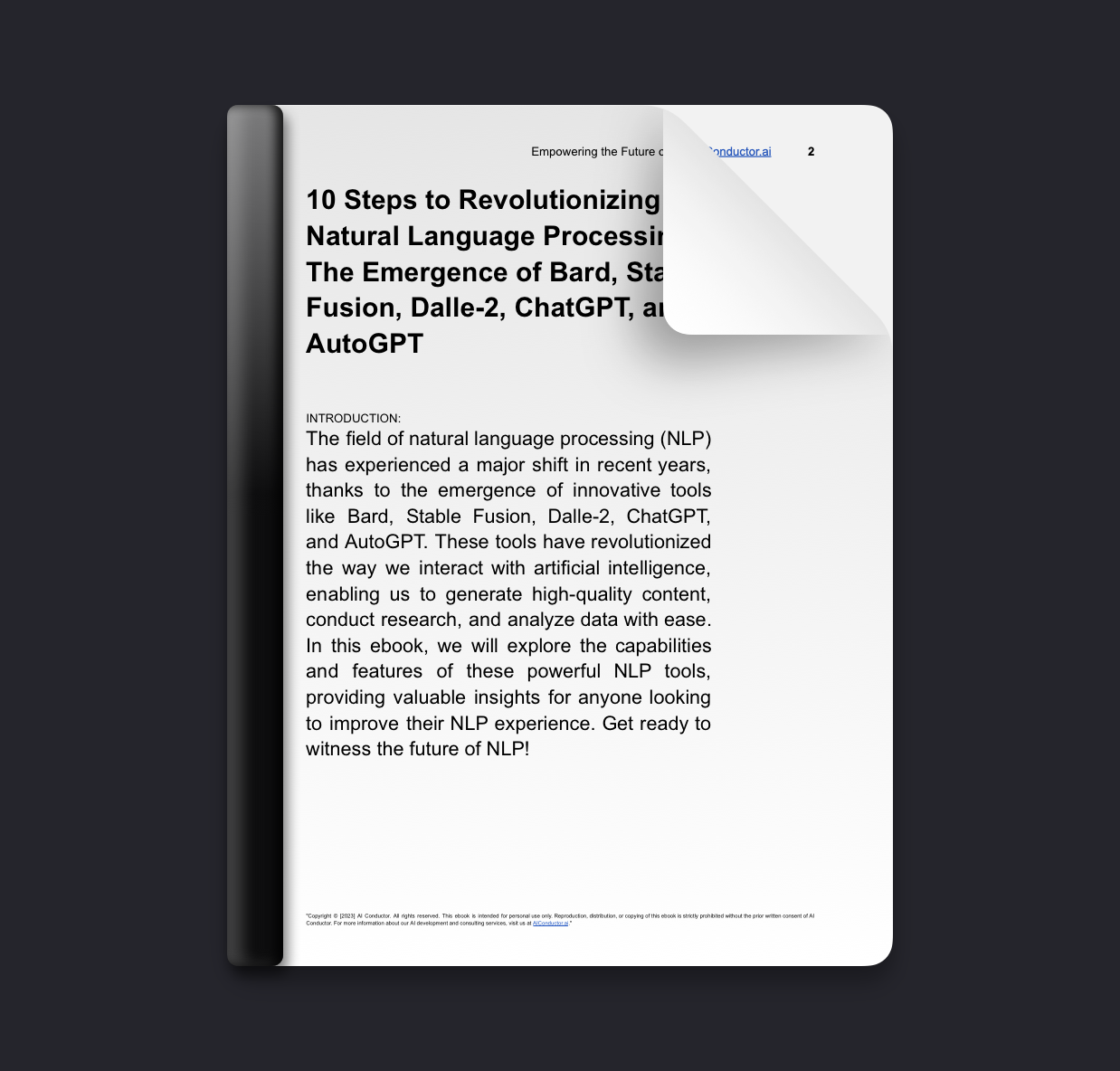We asked:
Can Long-Term Learning Strategies Improve the Efficiency of Deep Neural Networks?
The Gist:
Long learning is a concept in artificial intelligence (AI) that describes the ability of machines to learn and improve over time without any additional input from humans. It is based on the idea that machines can learn from their experience and environment in much the same way that humans do. By leveraging long learning, AI systems can become more efficient and adaptive, making them more useful in a variety of applications.

Decoded:
We all like to think of ourselves as lifelong learners. Whether it's taking classes, reading books and articles, or intellectually puzzling over difficult topics, we want to continuously increase and share our knowledge. But with the complexity of information that exists in the world today, can we really say that we're able to retain and stay up to date on all the stuff we learn?
Recent research from Stanford University's Human-Centered AI Institute (HAI) indicates that this may not just be a notion that we can embrace, but a veritable possibility. The research team, which included experts from a variety of disciplines, conducted extensive experiments with the goal of understanding how we store and retain the knowledge we acquire.
Their findings are surprising. They discovered that the way information is initially encoded, meaning how it's initially learned and stored, can have a dramatic impact on how it's retrieved and understood just days, weeks, or even years later.
The team found that, depending on the type of information, our memories can store data securely and efficiently for long stretches of time, allowing us to recall and use it quickly. However, they also discovered that when complexity on a given topic increases, it takes longer to form a strong enough memory to retain the information.
Furthermore, the research team found that if information is initially encoded in our brains in a way that is more difficult to mentally process, then our memories' ability to store that data securely and efficiently will likely be impaired. This means that even if we remember something we learned, we might have difficulty accessing it quickly and appropriately in a given situation.
The conclusion from this research is that our memories are indeed quite capable of retaining knowledge for extended lengths of time, but it also depends on how quickly and effectively an individual is able to process the material when it is first encountered.
At Oxford University, the team is now looking for ways to take their findings and create practical applications for users. They are focusing on developing digital tools that can help people encode information faster and stronger, in ways that will make the recall process easier and faster.
These tools could prove invaluable in today's world. With so much data at our fingertips, being able to efficiently store and quickly recall information could be the key to unlocking our collective potential and to making lifelong learning more of a reality.
Recent research from Stanford University's Human-Centered AI Institute (HAI) indicates that this may not just be a notion that we can embrace, but a veritable possibility. The research team, which included experts from a variety of disciplines, conducted extensive experiments with the goal of understanding how we store and retain the knowledge we acquire.
Their findings are surprising. They discovered that the way information is initially encoded, meaning how it's initially learned and stored, can have a dramatic impact on how it's retrieved and understood just days, weeks, or even years later.
The team found that, depending on the type of information, our memories can store data securely and efficiently for long stretches of time, allowing us to recall and use it quickly. However, they also discovered that when complexity on a given topic increases, it takes longer to form a strong enough memory to retain the information.
Furthermore, the research team found that if information is initially encoded in our brains in a way that is more difficult to mentally process, then our memories' ability to store that data securely and efficiently will likely be impaired. This means that even if we remember something we learned, we might have difficulty accessing it quickly and appropriately in a given situation.
The conclusion from this research is that our memories are indeed quite capable of retaining knowledge for extended lengths of time, but it also depends on how quickly and effectively an individual is able to process the material when it is first encountered.
At Oxford University, the team is now looking for ways to take their findings and create practical applications for users. They are focusing on developing digital tools that can help people encode information faster and stronger, in ways that will make the recall process easier and faster.
These tools could prove invaluable in today's world. With so much data at our fingertips, being able to efficiently store and quickly recall information could be the key to unlocking our collective potential and to making lifelong learning more of a reality.

Essential Insights:
Three-Word Highlights
Deep Learning, Artificial Intelligence, Education
Winners & Losers:
Pros:
1. Long learning allows for deeper understanding of complex topics.
2. It encourages creative problem solving.
3. It can lead to greater knowledge retention.
Cons:
1. Long learning can be time consuming.
2. It can be difficult to stay motivated over a long period of time.
3. It can be costly to obtain the necessary resources.
Bottom Line:
The bottom line is that Long Learning is a new approach to AI that allows machines to learn and adapt in real-time, enabling them to make better decisions faster and more accurately.
Ref.
Join The Conversation!





